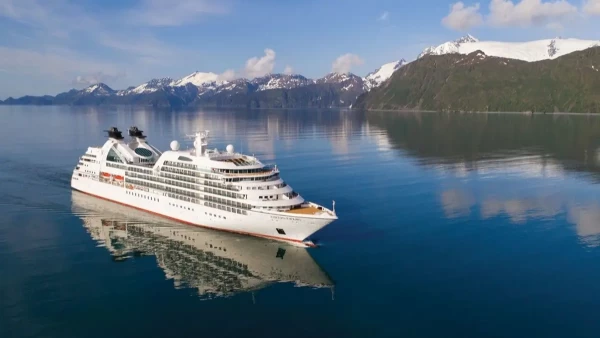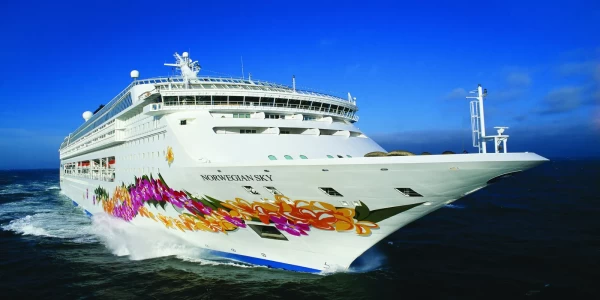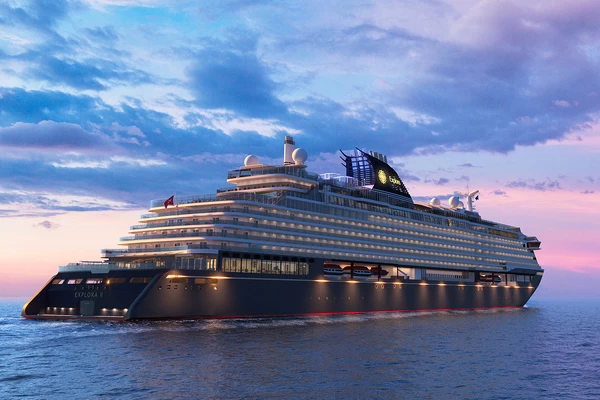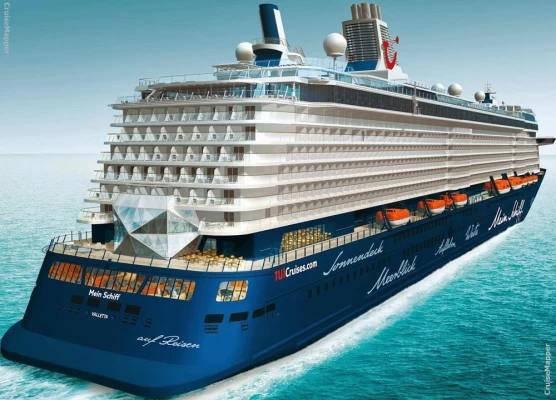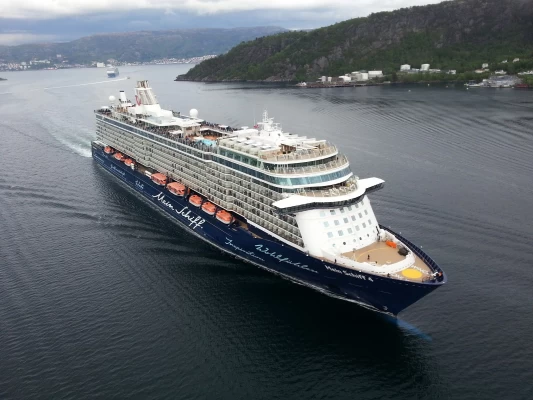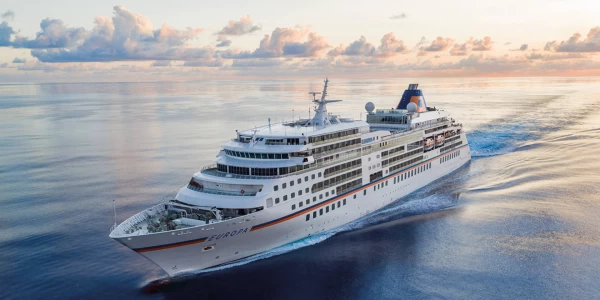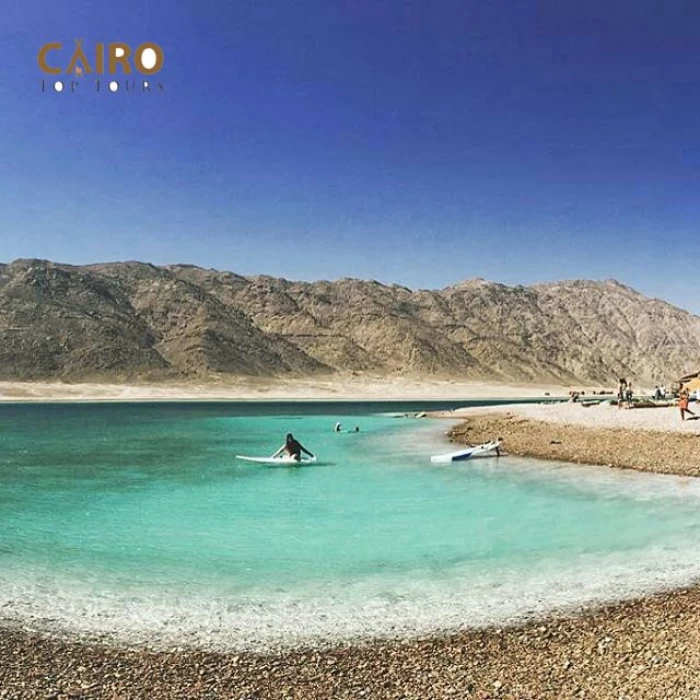Experience the surprising beauty of the Sinai Peninsula.
Sinai is a land of contrasts, the tranquil azure waters of the Red Sea against stark, rugged mountain ranges and vast deserts. It's the quintessential Egyptian land where Africa and Asia bridge face to a stunning panorama of natural beauty and historical significance given all the adventure options available.
A Geography Like No Other
It has a heart-capturing landscape that would leave no traveller indifferent aside from the golden beaches of Sharm El Sheikh and Dahab, where the turquoise, clear waters and colourful reefs make these places divers' and snorkelers' paradise. At the same time, the interior is torn between dramatic mountains and open spaces of desert, an invitation to all explorers to hike or camp and appreciate the peaceful beauty of wilderness.
Sinai Peninsula (Shibh Jazirat Sina')
The Sinai Peninsula, also called Turquoise Land, is a triangular desert peninsula that attracts many kinds of tourists to visit during their Egypt tours. Sinai region It is located in the northeastern part of the Arab Republic of Egypt, and it is the only part of Egypt that follows Asia geographically, with an area of about 60,000 km² (23,000 sq mi) and a population of approximately 1,400,000 people, representing 6% of Egypt's total area, and is bounded to the north by the Mediterranean Sea and to the west by the Gulf of Suez. Administratively, Turquoise Land is divided into two governorates: the South Sinai Governorate and the North Sinai Governorate. Three other governorates span the Suez Canal.
South Sinai
There is a clear ridge running along the southern edge of the Sinai in a large horseshoe curve. It is estimated that the Sinai desert receives more than 1.6 million acres (2 billion cubic meters) of water annually from local rain. About a quarter of this water flows on the surface as a bold flow, and a similar amount seeps into underground water tanks, providing excellent opportunities to conserve water. crossing into African Egypt: Port Said Governorate in the north, Ismailia Governorate in the centre, and Suez Governorate on the southern end of the Suez Canal.
Sinai has been inhabited since prehistoric times. The earliest written information about it dates back to 3000 B.C. during the early dynastic period of the 1st dynasty and the 2nd dynasty of Egyptian history, but it seems that the name Sinai was known early on and may have been derived from the original name for one of the oldest religious sects in the Middle East, the name of the moon. Its unique location, which overlooks the current lands (Syria, Lebanon, Jordan, Israel, and Palestine), works on cultural rapprochement, and it has also worked on many disputes between Egypt and different countries, as the road has served the northern coast of Sinai as the main trade route between Egypt and Palestine for centuries.
Mount Sinai
During the first Christian period, Sinai, Egypt, became home to a large number of hermits and ascetics, especially in the mountains of the southern region. In the year 530 A.D., Byzantine Emperor Justinian I began building the Monastery of Saint Catherine on the slopes of Mount Sinai. Since this provided a centre for Christian communities in the region, the monastery served as a pilgrimage site in the Middle Ages. Then the situation in Sinai deteriorated, and travel there became difficult after Egypt gained independence from direct Turkish rule in the early nineteenth century. Al-Arish was also the scene of fighting between the Turks and the British during World War I, and at the end of the war, Sinai was handed over to Egypt.
Between October 29, 1956, and March 30, 1957, Israel invaded and occupied the Sinai (the Triple Aggression in Egypt, as it was a simultaneous attack by the United Kingdom, France, and Israel), but on 6 October 1973 Egyptian forces did defeat Israel, and the northeastern part of the peninsula remained the scene of bitter fighting in 1956, 1967, and 1973. However, after a peace agreement between Egypt and Israel in late 1970, the Sinai Peninsula was returned to Egypt. This meant that in the aftermath of the peace treaty between Israel and Egypt in 1979, Israel withdrew from the Sinai Peninsula, with the exception of the disputed yet now settled Taba region, which had been reinstated after a jury ruling in 1989.
Its natural geographical site, rich coral reefs, and historic background make the Sinai Peninsula a tourist attraction. It has one of the most famous religious sites in Egypt: Mount Sinai has been the place for many religious pilgrimages. The estimated population of the area was 597,000 by January 2013. The other three governorates straddle the Suez Canal and seep into African Egypt: Suez (el-Sewais) at the southern point of the Suez Canal, Ismailia (el-Isma'ileyyah) at the centre, and Port Said at the north end.
The greatest city of Sinai is Arish, which is the capital of North Sinai and is populated by about 160,000 people. Other major settlements are Sharm el-Sheikh and El-Tor, which are located on the south coast. Inland Sinai is an arid (effectively desert) rugged mountain landscape in very sparsely populated areas, the greatest settlement being Saint Catherine and Nikhil.Dahab Activities
The tourist complex has developed around the Bedouin village of Assalah, north of the city, where cheaper hotels, campsites, restaurants, and banquets on the seafront are aimed primarily at young and independent tourism with budgets that are not too high.
The chicest part is located south of the city, where there are luxury hotels, tourist villages, and dive centers that attract very different types of customers. The main attraction, however, remains for all the sea and the coral reef with its rich marine life, obvious even through shallow dives close to the shore.
Dahab NightLife
Dahab Sinai can be divided into three main parts. The estuaries, which include the Bedouin village of Asala, are to the north. South of the estuary is impregnated, which is more touristy and has more hotels. In the southwest is the city that includes the Laguna region, which is popular for shallow surfing. Most people who have visited Dahab in the past are traveling to their backs and are interested in diving and snorkeling in the Red Sea.

Dahab Camping
Dahab welcomes large numbers of tourists from all over the world. It is world-famous for great surfing. Reliable winds provide the conditions and advantage of flat water within the Dahab Strait. Away from the beach, and with the mixing of strong wind conditions wavelet provides tremendous conditions for surfing. Entry-level Open Water courses take three to four days to complete, after which you’re free to sign up for fun dives to prime Dahab
Most diving centers in Dahab offer daily trips to SS Thistlegorm, one of the most popular shipwrecks in the world. The British cargo ship sank into service during World War II in 1941, after being shocked by two German treasures. It was loaded with allied supplies at that time. SS Thistlegorm was discovered by Jacques Cousteau in 1955 and is now the jewel of a diving scene in the Red Sea. More than 400 feet / 120 meters in length
From the wild activities available in Dahab, you can climb rocks, explore the region on camelback and enjoy the authenticity of Arab horses, mountain biking, jeep trips, and quad bikes, and you can take a trip to Ras Abu Gallum.
Abu Gallum Nature Reserve is a multi-purpose nature reserve. It is located in South Sinai in Egypt and overlooks the Gulf of Aqaba on the road between Sharm El-Sheikh and Taba in a region called Wadi Al-Kasasa. It was declared protected by Prime Minister Decision No. 1511 of 1992 and amended by Resolution No. 33 of 1996. It is one of the world's most famous dive spots the Kanoun region is one of the best diving areas in Al-Asala, where about 75% of the population of the city is divided into three areas (Mubarak City, Zarnouk, Al-Asala)The main neighborhood of the city starts with Al Fanar Street and then Aqaba Bay.
Also, one of the distinct areas is Jabal Musa, or Tor Sinai, which is a mountain located in the South Sinai Governorate in Egypt; it is 2385 meters above sea level. His name was Jabal Musa in connection to the Prophet Musa, to whom his Lord spoke on this mountain and received the Ten Commandments according to Judaism, Christianity, and Islam.
Sail the blue waters through the two green strips on either side of the golden desert when you book your Egyptian Nile cruise. And check out our seasonal offers to choose the most suitable guesthouse or vacation home for your Easter vacation 2023. We'll save you the hassle and include some of the best hotels and boats in all the cities you'll visit through Egypt travel packages. But if you like to book your own hotel, we've professionally customized a wide variety of Egypt day trips for you. Start in the city that never sleeps and explore our day trips to Cairo that cover all the archaeological sites and entertainment venues from the Pyramids of Giza, the famous Sphinx and to the Egyptian Museum located in El Tahrir Square and the National Museum of Egyptian Civilization to admire the golden mask of King Tutankhamun. And if you fancy camping in one of the world's most fascinating deserts, we've created the White Desert Tours. Travel safely with us to Upper Egypt and book our day trips to Luxor and travel further south to stunning Nubia and explore all the options our day trips to Aswan have to offer. Our Egyptology specialist will provide you with plenty of information on Egyptian history or historical sites.



